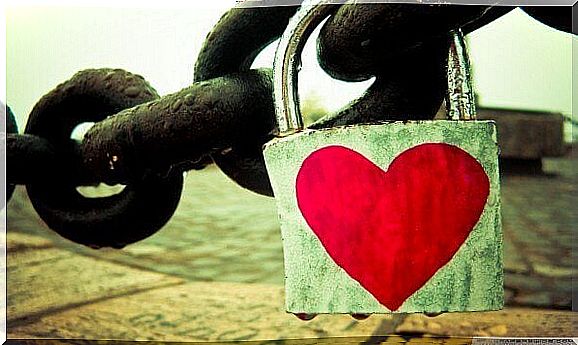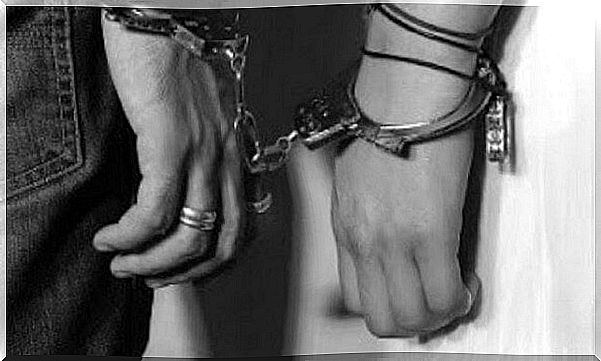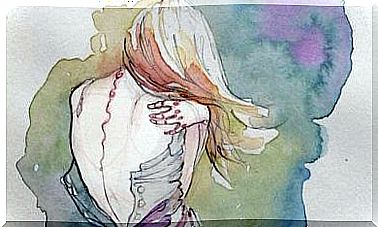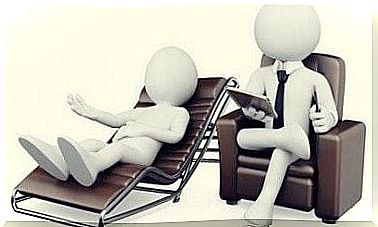Do You Know The 5 Risks Of Emotional Dependence In A Couple?

One of the most destructive emotional traits that exists is emotional dependence.
The person concerned develops an addiction problem vis-à-vis his spouse, friend or family member.
When we are emotionally dependent, we lose all self-esteem , this treasure that each of us carries within us and which makes us unique.
Today, we are going to talk to you about the 5 risks that generate this emotional dependence at the heart of one of the most important areas of our life: the couple.
Identifying and knowing these risks will help you regain your self-esteem, mark your territory and take charge of your life , without feeling the need to leave it in the hands of those around you.
With this little extra, you will feel better and you will achieve what we all deserve: to be free.
What are the risks of emotional dependence within a couple?
As we commented on above, emotional dependence generates loss of self-esteem, and causes self-cancellation.
Typically, people with emotional addiction have serious self-esteem issues.
When this addiction arises in our relationship, we run the risk of losing the person we love by either remaining oblivious to the situation or by doing nothing to overcome it.
Affective dependence generates a loss of identity. An emotionally dependent person probably lives in a world where their spouse is the center of everything .
All his actions and desires will be shaped according to her or him. This situation causes us to turn into an extension of our spouse.
We lose our identity, the personality that characterizes us and we develop a total dependence.
By this behavior, we take the risk of being physically and psychologically abused.
If this occurs, it is recommended that you go to a professional for therapy, so that he can accompany you to overcome this stage and avoid repeating this situation later.

The risk is to suffer from physical and psychological abuse on the part of your spouse.
At some point, the spouse can perceive the emotional dependence that he / she has on the other. This situation can lead him to act according to a pattern of “ dominant role ”, and take advantage of this situation.
It is very usual and common for this archetype to develop in couples where emotional dependence is present.
What makes this situation favorable? The fact that the abuser is sure that the addict is unlikely to complain and will put up with everything without putting up any resistance.
If you are experiencing or witnessing a case where there is physical abuse, psychological attacks and humiliations, it is necessary and important to go to a professional with whom you feel comfortable and start work on it. yourself.
The withdrawal into oneself leads to the loss of sociability. Finding ourselves in such an unpleasant and tiring situation as emotional dependence in a couple consumes us internally.
Feeling restricted and helpless can gradually lead you to withdraw into yourself and distance yourself from your social surroundings, friends and family .
All of this develops from your own will, since for an emotionally dependent person their spouse is the center of the world.
This withdrawal into oneself favors the loss and non-development of the skills to weave social relationships.
Removing ourselves from our surroundings and from reality blinds us to our own life and unconsciously increases emotional dependence.
Emotional dependence is a psychological disorder that manifests itself in various forms, such as mood swings.
The dependent person suffers from “ dysphoric mood ”, ie sudden changes in mood on a daily basis.
Suffering from this emotional state can lead the person to depression, high stress, or develop high anxiety .
All of this will promote the development of a feeling of fault, the feeling of an inner emptiness, excessive jealousy, and most importantly: fear.
These symptoms calm down only with the presence of the spouse and are, paradoxically, caused by his absence.









